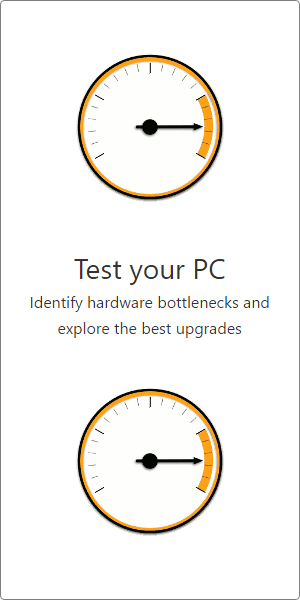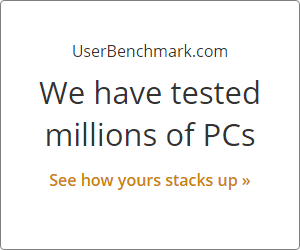Effective Speed
+0%
Poor: 108%
Great: 116%
SPEED RANK: 49th / 1468
Poor: 102%
Great: 122%
SPEED RANK: 50th / 1468
| Effective Speed
Effective CPU Speed |
113 % | +0% | 112 % |
Average Score
+4%
Overclocked Score
+10%
Value & Sentiment
+5%
Nice To Haves
+4%
Specifications
Conclusion
Average Bench 113%
Average Bench 112%
User Builds
3,785
5,808
Systems with these CPUs
Top Builds that include these CPUs
Frequently Asked Questions
Processors FAQ
ALL FAQs »

 CPU
CPU
